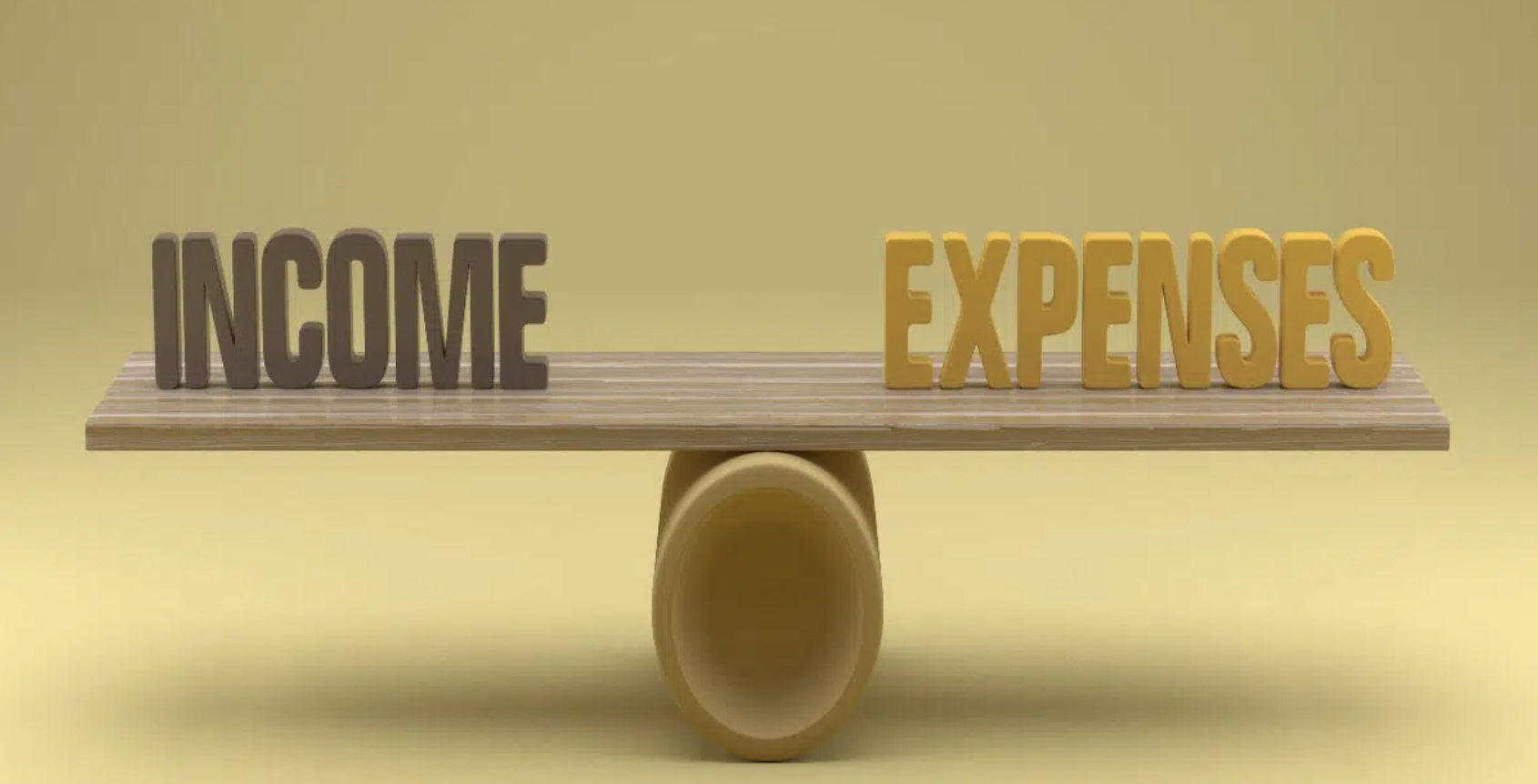Understanding the Importance of Your Income and Expense Declaration in Your Dissolution
Calculating child support and spousal or domestic partner support orders are critical in many dissolution proceedings. Getting an accurate picture of each party’s finances also can affect other areas of a dissolution case, such as attorney fee awards. California courts uniformly require parties to a dissolution action to exchange a standardized Income and Expense Declaration to gather this information when any of these issues are involved.
Ensuring that you and your spouse include all necessary information on your respective Income and Expense Declarations is crucial to reaching fair and correct orders in your dissolution proceedings. A family attorney from Evans Kingsbury LLP can assist you in completing these forms and verifying your spouse’s information. Together, we can work to obtain the court orders that you seek in your dissolution case.
Information Requested on the Income and Expense Declaration
Every item requested on the Income and Expense Declaration directly impacts the court’s financial orders in your case. Therefore, inaccurate or incomplete information can result in unfair or incorrect orders and lead to time-consuming and expensive delays in your court proceedings.
-
The information that you must provide on your Income and Expense Declaration includes the following:
- • Your current employment information, with copies of your pay stubs for the last two months
- • Your educational and skills training
- • Your income tax filing information
- • Your estimate of the other party’s income and the basis for that estimate
- • Your income from any source other than employment, including the amount and the source, including public benefits, pension benefits, workers’ compensation, spousal or partner support, and investment income
- • Detailed information about any self-employment income you have after deductions for business expenses
- • Any one-time receipt of income within the last 12 months, such as an inheritance or lottery winnings
- • An explanation as to any changes in income over the last 12 months
- • Monthly deductions from your income, including
- • Union dues
- • Required retirement contributions (excluding Social Security, FICA, 401(k), and IRA contributions)
- • Medical, dental, hospitalization, and other health insurance premiums
- • Child support for children of other relationships
- • Spousal support paid by court order from another marriage
- • Partner support paid by court order from another domestic partnership
- • Necessary job-related expenses unreimbursed by your employer
- • Value of any assets you own, including cash, bank accounts, stocks, bonds, real estate, and personal property
- • Identification and relationship with other people living in your household
- • Average monthly household expenses
- • Monthly debt and installment payments
- • Attorney fees that you have paid and still owe
- • Information related to your children, including the parenting time schedule, health insurance coverage, childcare expenses, visitation-related travel expenses, uninsured medical expenses, and expenses related to education or special needs of the children
- • Special financial circumstances, including extraordinary health expenses, major losses not covered by insurance, expenses for minor children not of the marriage who live with you, and why these circumstances are causing you financial hardship
Finally, you must update your Income and Expense Declaration as needed throughout the proceedings so that it remains “current,” meaning that there have been no changes to your information in the past three months.
Timing of Preliminary Income and Expense Declaration
California Family Code § 2104(a) generally requires that a party to a dissolution action serve a preliminary Income and Expense Declaration on the other party, either concurrently with the filing of a petition for dissolution or within 60 days of filing the petition. The responding party must serve their preliminary Income and Expense Declaration on the filing party concurrently with the filing of their response or within 60 days of filing the response. These timeframes can be extended by court order
Furthermore, California Rule of Court 5.260(a) requires that an Income and Expense Declaration be filed in proceedings involving child support and/or domestic partner/spousal support.
Forms that Accompany the Income and Expense Declaration
Along with the Income and Expense Declaration, you must file a Declaration of Disclosure, in which you swear under oath that you have provided the completed forms concerning your income, assets, and expenses. In addition, the Declaration requires that you attach your last two years of federal and state income tax returns.
You also must complete a Schedule of Assets and Debts, on which you must provide detailed information about your assets and debts. This Schedule requires that you attach certain documentation concerning the assets and debts. For instance, you should attach copies of the deeds to any real estate you own and the most recent bank statements for any bank accounts you own.
Call the Dissolution Lawyers at Evans Kingsbury LLP Today
Dissolutions and family law cases are among the most challenging, emotional, and time-consuming cases you can go through. The assistance of an experienced California family attorney can be crucial to a positive outcome in your case. Contact Evans Kingsbury LLP today by calling (707) 596-6090 or visiting us online, and learn more about how we can assist you with your family law case.

